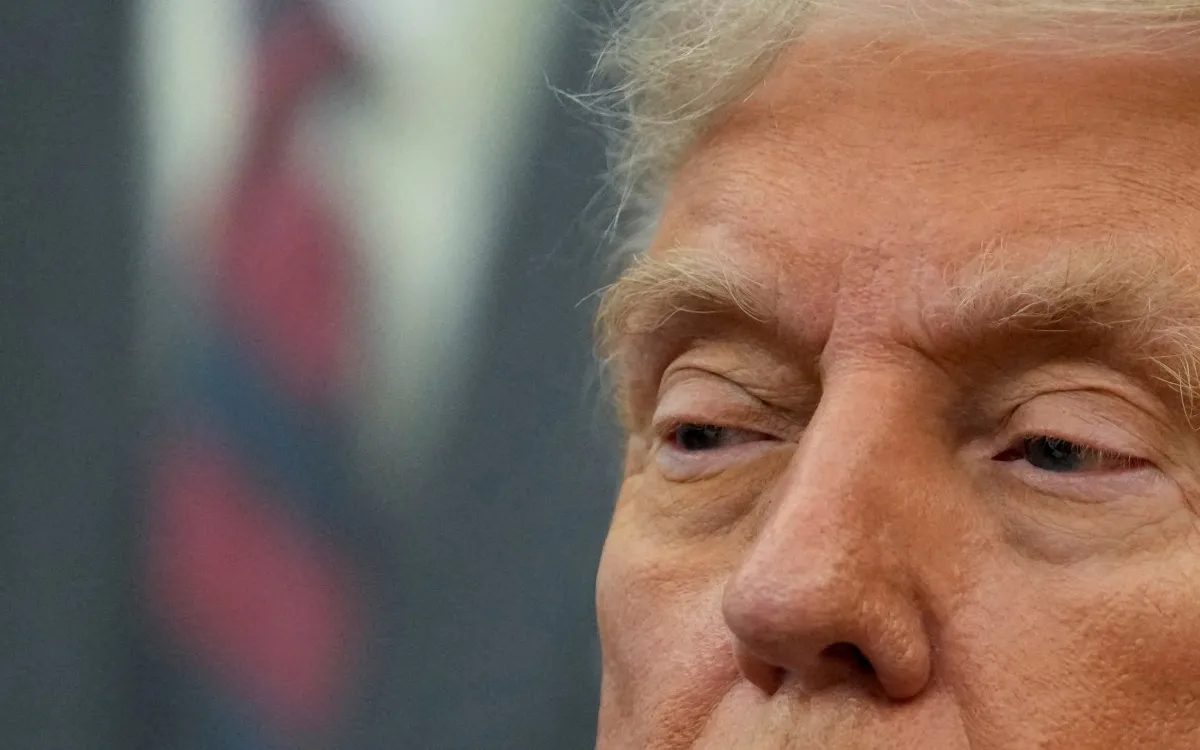
As the Nobel Peace Prize announcement approaches, one name looms large—Donald Trump, the President of the United States. Since taking office in January, Trump has publicly asserted his belief that he deserves the prestigious award, claiming to have resolved at least “seven wars.” His controversial foreign policy actions and recent diplomatic efforts could play a pivotal role in the Nobel Committee's decision.
During a speech at the United Nations General Assembly in September, Trump asserted, “Everyone says I should get the Nobel Peace Prize. I ended seven wars. No president or prime minister has ever done anything close to that.” His list of claimed peace achievements includes conflicts involving nations such as Cambodia, Thailand, Kosovo, Serbia, and Israel.
On Wednesday, Trump positioned himself as a key player in a potential ceasefire between Israel and Hamas, which he claims is rooted in his recently revealed 20-point peace plan. This year's Nobel Prize announcement arrives amidst ongoing global conflicts, including the war in Ukraine, with 338 nominees vying for the coveted award.
While some of the wars Trump claims to have ended were conflicts he actively participated in, the extent of his influence in various ceasefires is often debated. For instance, in September, he suggested he deserved the Nobel for his role in the ongoing Gaza conflict, despite U.S. military support for Israel playing a significant role in the hostilities.
Trump's recent ceasefire efforts between Israel and Hamas have garnered attention, especially following the announcement of a truce. His involvement in other conflicts, such as the ceasefire between Iran and Israel and the India-Pakistan skirmishes, highlights his complex role in global diplomacy. However, the impact of his actions remains contentious.
Despite his claims, experts like Nina Graeger, director of the Peace Research Institute Oslo, express skepticism about Trump’s qualifications for the Nobel Prize. Graeger noted, “While he deserves credit for his efforts to end the war in Gaza, it is too early to tell whether the peace proposal will lead to lasting peace.”
Trump's desire for the Nobel Peace Prize seems to stem not only from his belief in his diplomatic efforts but also from comparisons to former President Barack Obama, who won the prize shortly after taking office in 2009. Trump has expressed frustration that his accomplishments may not receive the same recognition, stating, “If I were named Obama, I would have had the Nobel Prize given to me in 10 seconds.”
Critics argue that Trump's actions as President have often contradicted the ideals of the Nobel Peace Prize. His military interventions, such as airstrikes in Somalia and Yemen, raise questions about the overall impact of his foreign policy on global peace.
The Nobel Peace Prize, established by Alfred Nobel, aims to honor individuals who have significantly contributed to peace efforts. Yet, its history is fraught with controversy, exemplified by past recipients like Henry Kissinger and Aung San Suu Kyi, whose legacies have sparked debate over the committee's decisions.
Nominations for the 2025 Nobel Peace Prize closed shortly after Trump returned to the White House, with notable endorsements from world leaders, including Israeli Prime Minister Benjamin Netanyahu. However, any nominations made after July 31 would count for the 2026 prize.
If Trump does not receive the Nobel Prize, he has indicated it would be a significant slight against the United States. Concerns have arisen over potential diplomatic repercussions, especially given recent tensions between the U.S. and Norway regarding trade and foreign policy.
In summary, as the Nobel Peace Prize committee prepares to announce this year's award, Trump’s candidacy continues to provoke discussion on the complexities of peace, diplomacy, and the criteria for such a prestigious honor. Whether he will be recognized for his efforts remains to be seen, but the implications of his potential win or loss will undoubtedly resonate in both the U.S. and the global community.